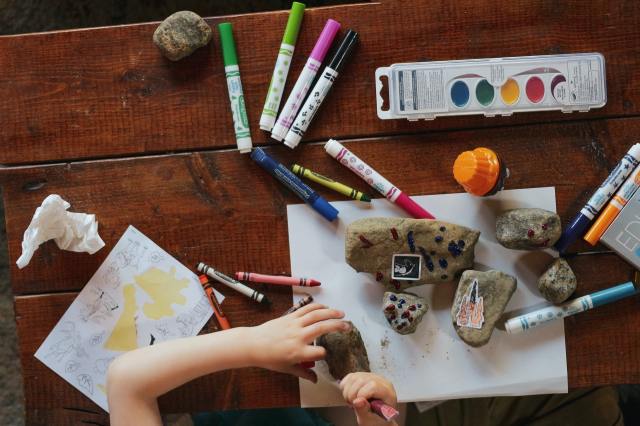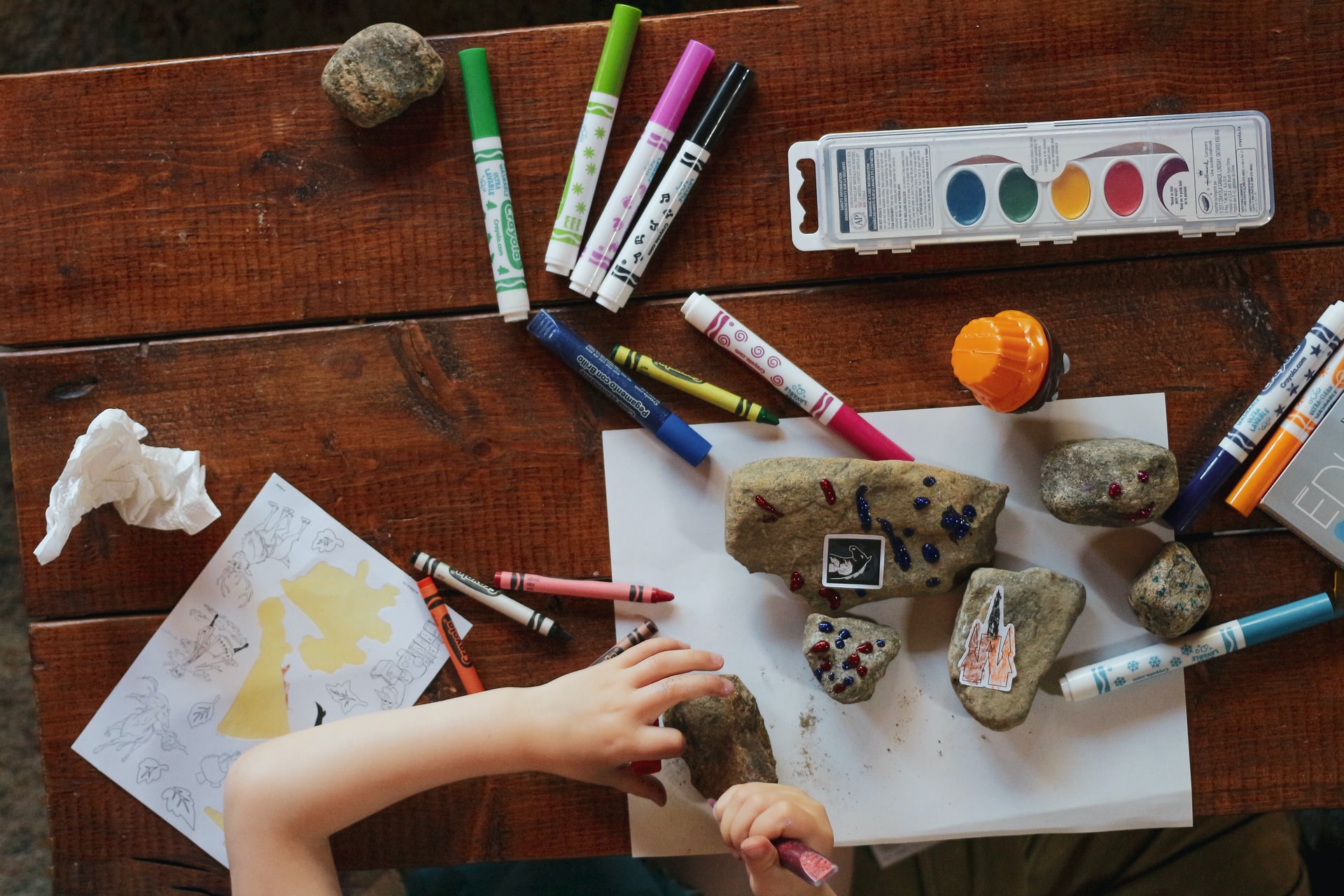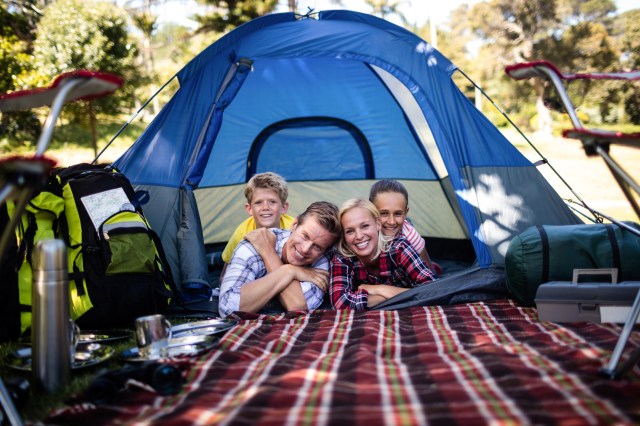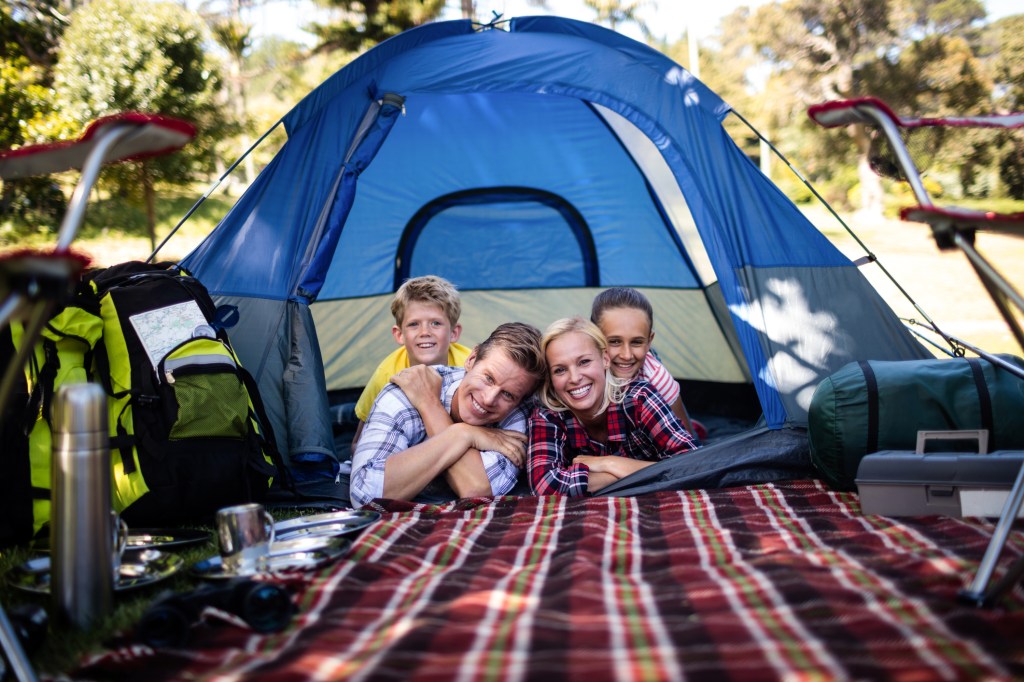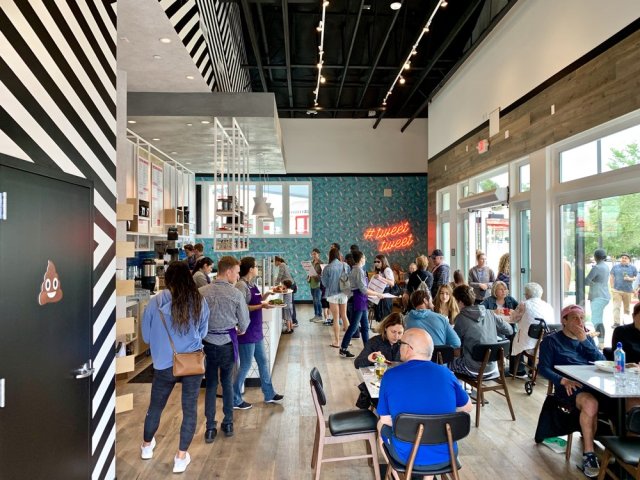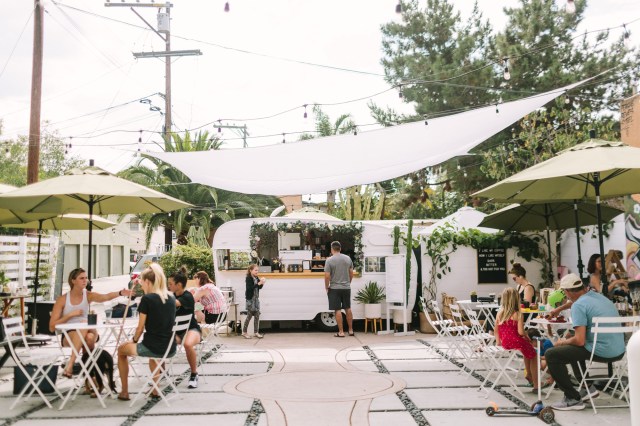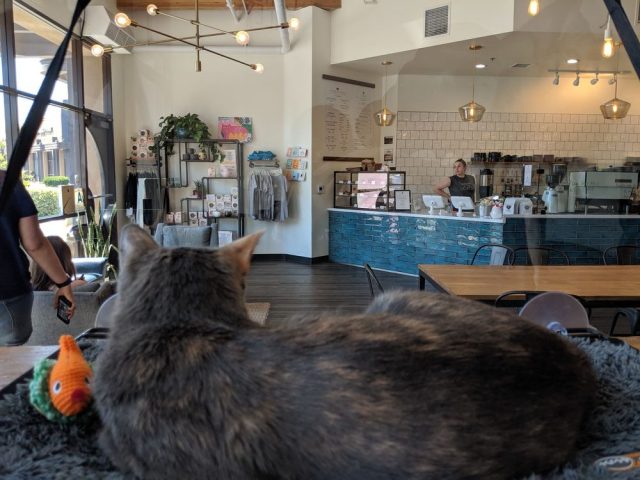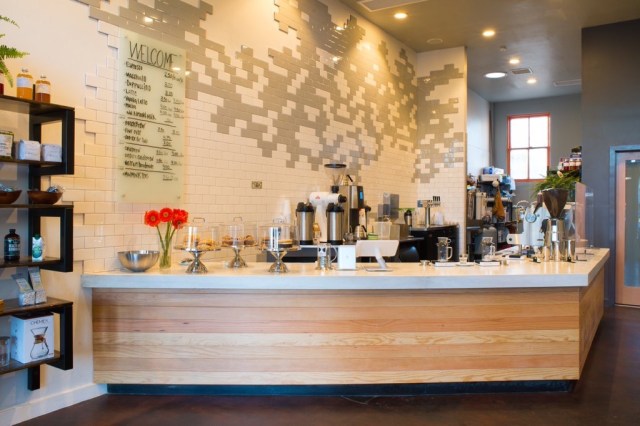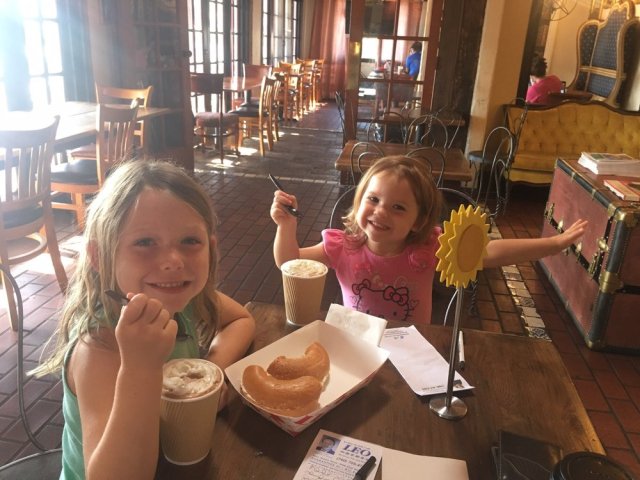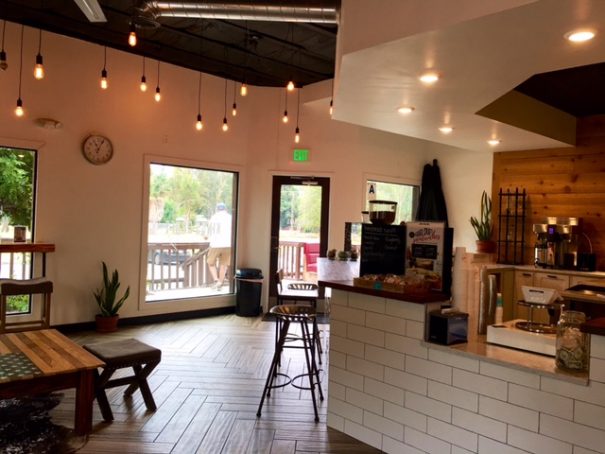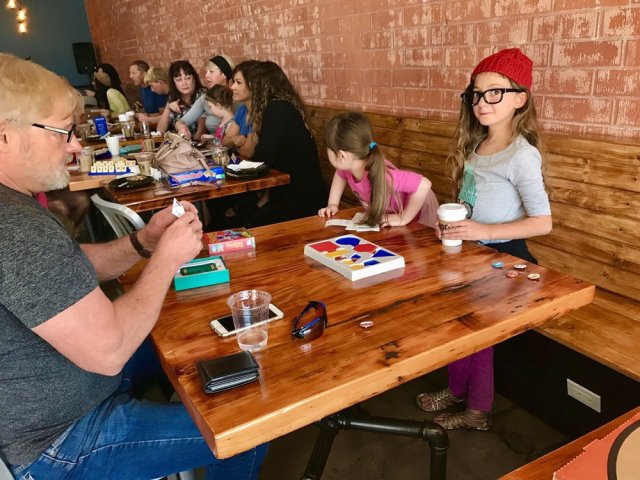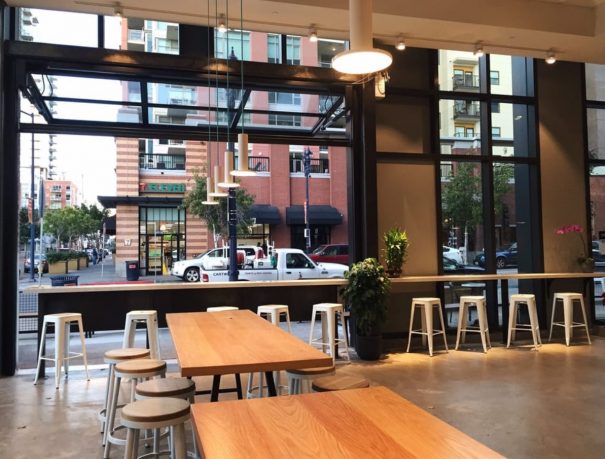Spots go quickly at these Seattle mid-winter break camps
Mid-winter break is just around the corner. And if a fun-in-the-sun vacation isn’t in your family’s plans for mid-winter break, we’re here to help. Keep the cabin fever at bay by signing the kids up for an engaging winter break camp in Seattle or on the Eastside. We’ve got camps for all kinds of kids on our list. And guess what? They all have spots open. From sports and engineering to art and cooking, you’ll find an entertaining camp on our list of Seattle camp faves. You work. They play. What more could you ask for if you’re staying close to home?
Keep Kids Active at These Camps
https://www.instagram.com/p/ChK59OWtjjS/?hidecaption=true
Arena Sports
Who wouldn’t want to play dodgeball, soccer, and capture the flag over mid-winter break? We guarantee the kids will have more fun at Arena Sports than they will if they're stuck at home. Many Arena Sports locations will be running mid-winter break camps, and they fill up fast, so be sure to plan ahead, parents. We love that campers can come for full- or half-days and for a single session or stay the whole week. Flexibility is key these days, isn't it? Camps run from 9 a.m.-4 p.m. for full day and in the afternoon from 1 p.m.-4 p.m. for half day. Dates vary based on local school districts' mid-winter break schedules.
Good to Know: If you're signing up your campers (ages 6 and up) for camp at the Mill Creek or Issaquah locations, they can also stay entertained with laser tag, mini golf, and other attractions that are part of the entertainment complex.
Locations in Magnuson, SODO, Issaquah, Remond & Mill Creek
Online: arenasports.net

Tilth Alliance
Can you dig it? The Tilth Alliance will have kids Gardening for Pizza over mid-winter break. Hosted at the Rainier Beach Urban Farm and Wetlands, this hands-on camp is a full culinary experience—from garden to table. Kids ages 5 and up will spend the week learning what it takes to make pizza—wait for it—from scratch. Starting in the garden and working all the way through kneading the dough and putting on the toppings, kids will develop the skills and knowledge to make and bake their own at home. The fact it ends with a celebratory pizza party on the last day is a total win.
Dates: Feb. 20-24, 2023
Times: 9 a.m.-3 p.m.
5513 S. Cloverdale St.
Seattle
Online: tilthalliance.org
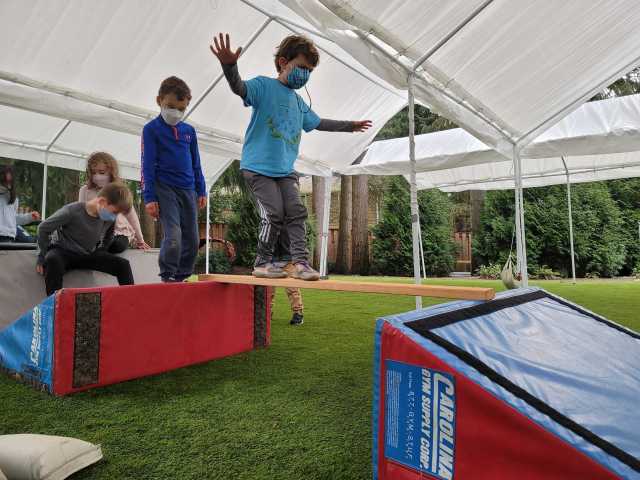
Kong Academy
Kick cabin fever to the curb when you sign up the kids (ages 6-9) for this combo outdoor-indoor parkour camp with Kong Academy. They'll get a chance to learn new skills and practice what they already know as they make their way over, around, and sometimes under obstacles at this week-long, half-day camp. It all starts with an engaging warm-up and games before the guided lesson begins. Then it's off to try what you've learned and play a bit too before heading home. And while the parkour skills are what your kids will rave about, they'll also be gaining social skills, and that's hard to beat.
Dates: Feb. 20-24, 2023
Time: 9 a.m.-noon
Phinney Neighborhood Association
6532 Phinney Ave. N.
Seattle
Online: kongacademy.org
https://www.instagram.com/p/Cl-ED9upBVK/?hidecaption=true
SANCA
Turns out, kids don't need to run away to join the circus over mid-winter break. They can attend camp at SANCA instead. And since no previous classes are necessary to attend camp, it's a great place to start, if you have a kiddo who is interested in learning circus arts. There are two camps to choose from this session. Younger wannabe performers (ages 6-8) can check out Circus Odyssey where they will develop body awareness through tumbling, balancing, ring passing, and partner acrobatics. Older kiddos (ages 9-12) will become Ringmasters, linking individual skills into sequences and practicing choreography.
Dates: Feb. 20-24, 2023
Times: 9 a.m.-3 p.m.
674 S. Orcas St.
Seattle
Online: sancaseattle.org
Outer Space Seattle
If you live in West Seattle, you know what a gift this playspace is for local families. And the folks at Outer Space Seattle will be offering drop-off camp for kids over mid-winter break too. They'll have a chance to play on the enormous structure, do some arts and crafts, and play with friends too. The best part? It's day-by-day so you can sign up for one day or all five, depending on your February break plans. Add in a discount for sibs and you've got your plans made.
Dates: Feb. 20-24, 2023
Time: 1-5 p.m.
2820 Alki Ave. S.W., #2
Seattle
Online: outerspaceseattle.com
Related: 15 Exciting Places to Host an Indoor Birthday Party
Camps for Creative Minds
https://www.instagram.com/p/B1hhxTrpFlR/?hidecaption=true
Kids' Carpentry Seattle
Your kids love to play with toys, but at this camp, they'll learn how to build them all by themselves. Budding builders and engineers will enjoy safely wielding woodworking tools (think: hammers, saws, sanders, and more) as they create. Sign up for a morning or afternoon session. Kids will need to bring a snack and wear closed-toes shoes each day. The best part? The project they take home at the end.
Dates: Feb. 20-24, 2023
Times: 9 a.m.-noon & 1-4 p.m.
4739 Rainier Ave. S.
Seattle
Online: kidscarpentryseattle.com
Stone Soup Theatre
Extra! Extra! Read all about it at this year's Stone Soup Theater mid-winter break camp. Newsies is the musical and kids ages 8 and up are invited to join the cast performing the 1982 Disney musical. Not only will kids have the chance to strut their stuff on stage, but they'll also learn about the real-life newsboy strike in NYC in 1899. This show stopper is as empowering as it is fun for kids who love the stage.
Good to Know: After-camp care is available until 5:30 p.m. for an additional $115.
Dates: Feb. 20-24, 2023
Times: 9 .a.m-3 p.m.
Wallingford Presbyterian Church
1414 N. 42nd St.
Seattle
Online: stonesouptheatre.org
https://www.instagram.com/p/CNGYtROhxVp/?hidecaption=true
Made Sewing Studio
Great things are happening at this Greenwood sewing studio over mid-winter break, where families will have two camps to choose from. If a longer camp is what you're after, try the Animal Onesie Pajama camp (Feb. 22-24). Unicorn horns, kitty ears, and fuzzy tummies are all in the mix. Or stick to a quick two-day P.J. Party camp (Feb. 20-21) where kids will learn sewing basics, make PJ pants and a gum drop floor pillow. Whatever your kiddo's whimsy, they'll get a chance to explore it and make it here. No previous experience is required to sign up. Remember to bring a snack and a mask and dress for outdoor play—it's all part of the day. Psst... if you want to make a full week of it, sign them up for both camps. It's almost too easy.
Good to Know: Both camps are for beginners, ages 7 and up.
Dates: Feb. 20-21 & 22-24, 2023
Times: 9 a.m.-4 p.m.
124 N. 103rd St., Suite A
Seattle
Online: madesewstudio.com
Play-Well TEKnologies
LEGO fans love camps at Play-Well TEKnologies. This winter, they'll be offering a Winter Wonderland Engineering camp in Shoreline for kids ages 6-11. More than a chance to just play with LEGOs, kids will engineer snowmobiles, sleds, and other wintry gear. Plus, we hear they might even get to experience the Polar Express. You won't need your mitten for this STEM-themed camp, but your mini figs sure will.
Dates: Feb. 21-24, 2023
Times: 9 a.m.-noon
Spartan Recreation Center
202 N.E. 185th St.
Shoreline, WA
Online: play-well.org
https://www.instagram.com/p/rdEzO3I6fD/?hidecaption=true
Neo Art School
Bring your budding artists for a week of outdoor art at Neo Art School. Register for just a day or sign your little maker up for the whole week at this Ballard-area day camp. While they're staying cozy under the heated tents, kids will upcycle items and use paint and other mediums to create their masterpieces, and the promise of new projects each camp keeps kids engaged. When they need a break, it's off to the meridian playground to burn off some energy. If you need extended care (from 8 a.m.-6 p.m.), they've got that too.
Dates: Feb. 20-24, 2023
Times: 9 a.m.-4 p.m.
4649 Sunnyside Ave. N., #121
Seattle
Online: neoartschool.com
https://www.instagram.com/p/CimAAUPOi0m/?hidecaption=true
Sit & Kit
If you're on the Eastside, and your kids love art, sign them up for one of two mid-winter break camps this year. If you're in the Lake Washington School District, you'll want to take advantage of this quick two-day camp that lines up with the district's break. And if you're in the Bellevue School District, sign your kids up for the four-day camp happening the following week. No matter which camp you choose, little artists will work alongside owner Noga Unger creating art and learning about famous world artists. Bring a lunch, and get ready to create something new (and learn a little bit too).
Good to Know: There's also a one-day camp offered on President's Day (Feb. 20) if you want to pad your week in either direction.
Dates: Feb. 16 & 17 and 21-24, 2023
Times: 9 a.m.-3 p.m.
14510 N.E. 20th St., #103
Bellevue, WA
Online: sitandkit.com






